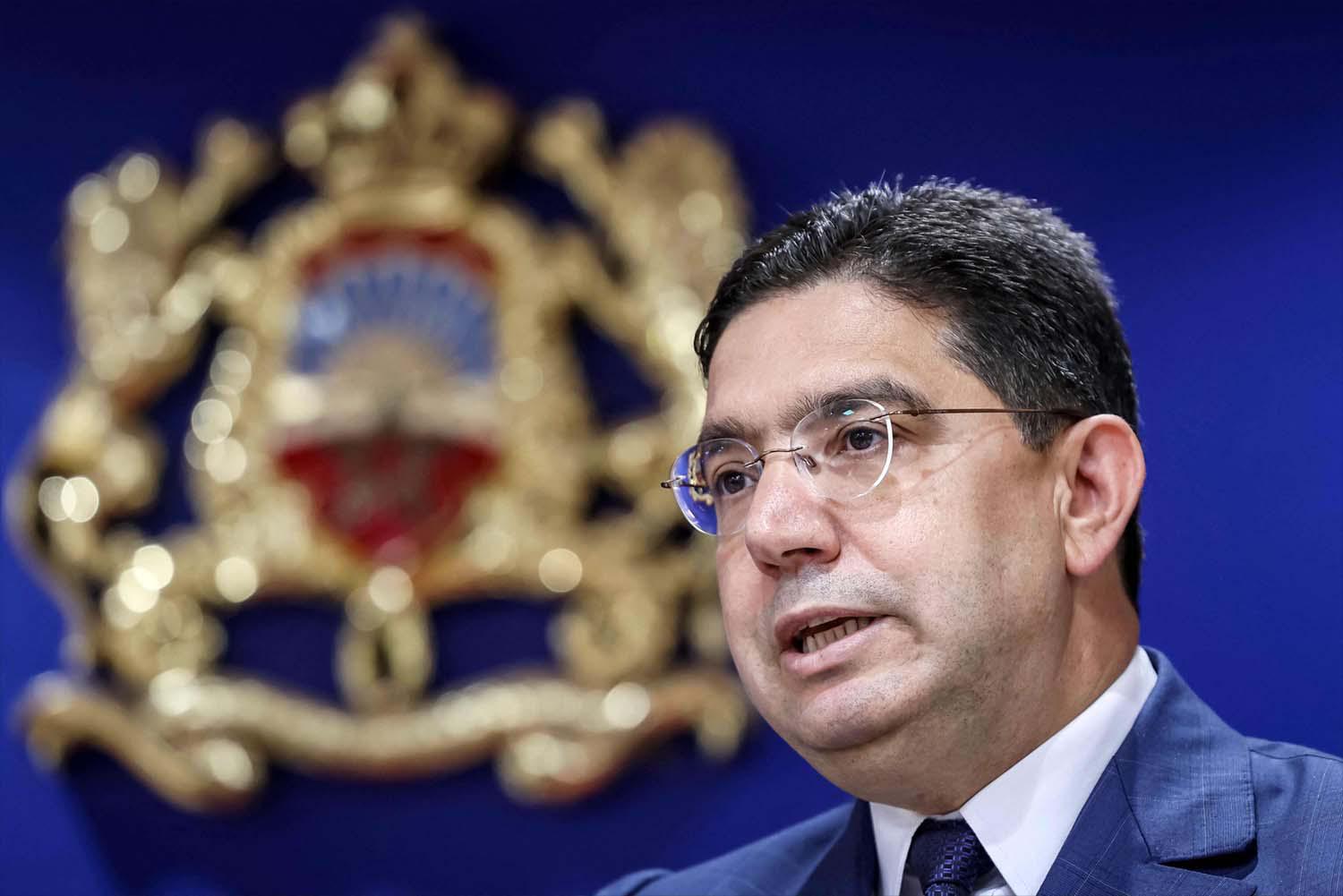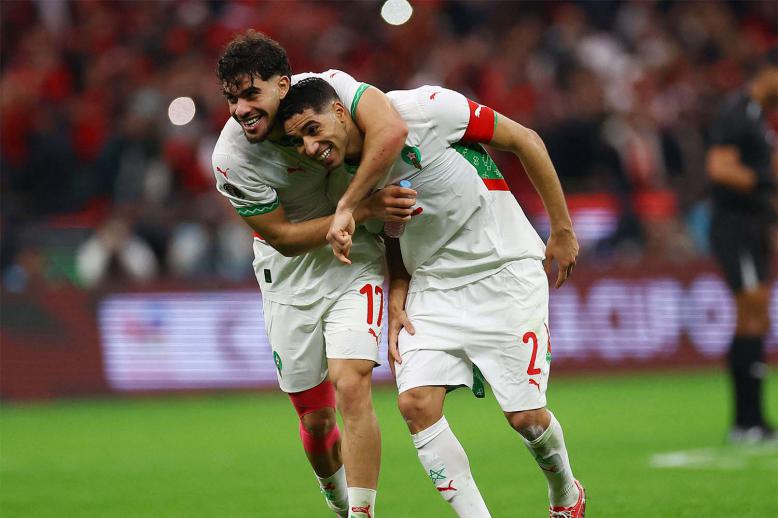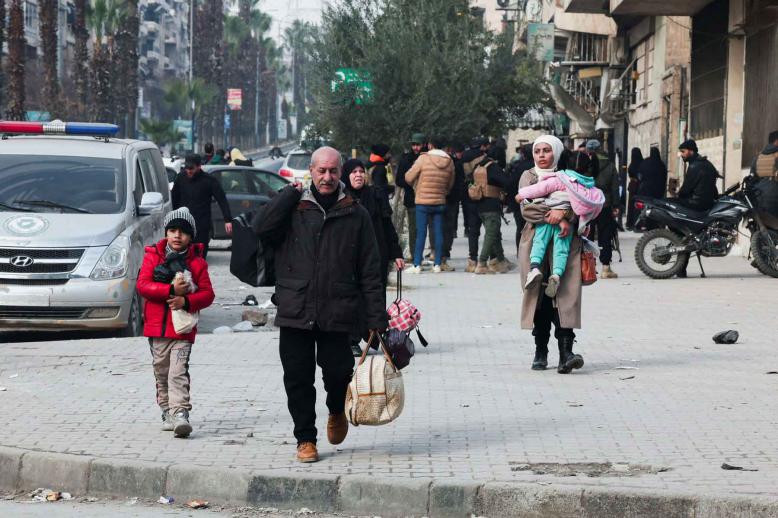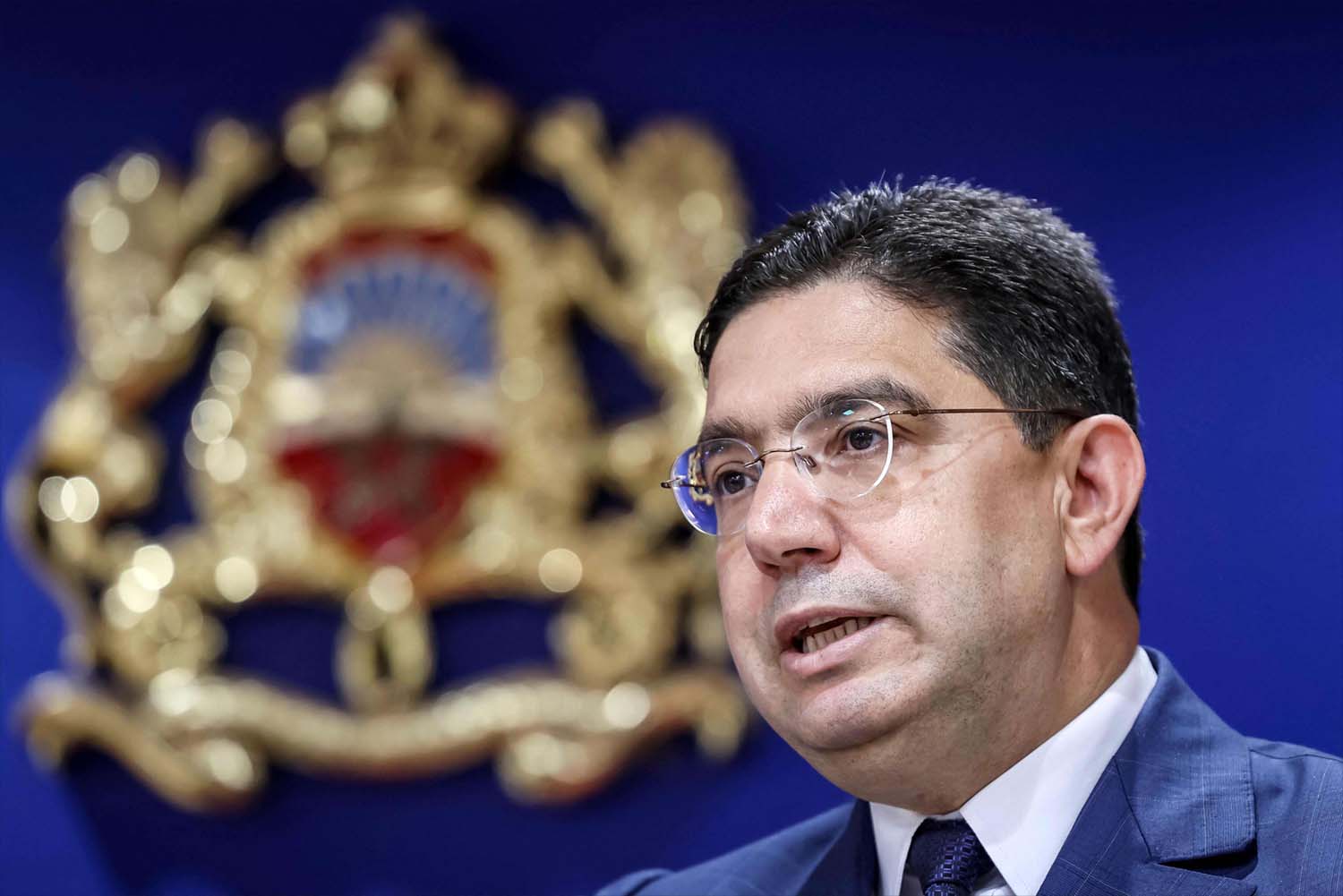Morocco delays 'Abraham Accords' summit until after summer
RABAT - Morocco will delay a summit it is hosting between Israel and Arab states that have signed "Abraham Accords" peace pacts, its foreign minister said on Friday, amid rising strife in the West Bank.
The decision to postpone the summit until after the summer comes after Israel decided to expand settlement-building in the occupied West Bank and after an Israeli raid on Jenin in which five people were killed.
Moroccan Foreign Minister Nasser Bourita said the decision was partly over scheduling but also because of what he called "provocative and unilateral acts" that "undermine peace efforts in the region."
He condemned the Israeli army raid on Jenin, in the West Bank, and rejected Israel's decision to expand settlements in occupied territory where Palestinians want to establish an independent state.
Israel said its operation in Jenin was intended to arrest two Palestinians suspected of attacks. It announced the decision to build 1,000 new houses in the Eli settlement in the West Bank in response to a Palestinian gun attack nearby.
Morocco is one of four Arab states - alongside the United Arab Emirates, Bahrain and Sudan - that moved closer to Israel following a U.S.-driven diplomatic initiative in 2020.
Rabat boosted ties with Israel and agreed to move towards full diplomatic relations in return for U.S. recognition of its sovereignty over the territory of Western Sahara, which is claimed by an Algeria-backed independence movement.
Morocco has said it wants to see the creation of a Palestinian state with its capital in east Jerusalem as part of a two-state solution to the Israeli-Palestinian conflict.
The planned summit follows one held last year in Israel's Negev desert between Israel, Bahrain, Morocco, the UAE, United States and Egypt, which agreed to peace with Israel in 1979.
Israel had previously announced that Morocco would host the forum in March, with Foreign Minister Eli Cohen saying other countries that do not have ties with Israel might also attend. An aide to Cohen had earlier this month blamed the delays on the difficulty of coordinating the schedule.
Israel's Foreign Ministry declined to comment on Friday.
Yair Lapid, a former Israeli foreign and prime minister who was an architect of the forum when in power last year, said that "failure follows failure" with the current Israeli government.
"This is not how foreign policy should be conducted," said Lapid, who now heads the opposition to Prime Minister Prime Minister Benjamin Netanyahu's nationalist-religious government.
Residents in the three cities that make up the wider capital - Khartoum, Bahri and Omdurman - reported fierce fighting from Saturday evening, continuing into Sunday morning.
The army, led by Abdel Fattah al-Burhan, has been using air strikes and heavy artillery to try to dislodge the RSF led by Mohamed Hamdan Dagalo, known as Hemedti, from neighbourhoods across the capital.
"Since the early morning in north Omdurman we've had air strikes and artillery bombardment and RSF anti-aircraft fire," 47-year-old resident Mohamed al-Samani told Reuters by phone. "Where are the Jeddah talks, why did the world leave us to die alone in Burhan and Hemedti's war?"
In Nyala, a city that grew rapidly as people were displaced during the earlier conflict that spread in Darfur after 2003, witnesses reported a marked deterioration in the security situation over the past few days, with violent clashes in residential neighbourhoods.
There was also fighting between the army and the RSF last week around El Fashir, capital of North Darfur, which the UN says is inaccessible to humanitarian workers.
In El Geneina, which has been almost entirely cut off from communications networks and aid supplies in recent weeks, attacks by Arab militias and the RSF have sent tens of thousands fleeing over the border to Chad.
On Saturday, UN Human Rights spokesperson Ravina Shamdasani called for safe passage for people fleeing El Geneina and access for aid workers following reports of summary executions between the city and the border and "persistent hate speech" including calls to kill the Masalit or expel them.
Of those uprooted by Sudan's conflict, nearly 2 million have been displaced internally and almost 600,000 have fled to neighbouring countries, according to the International Organization for Migration.






